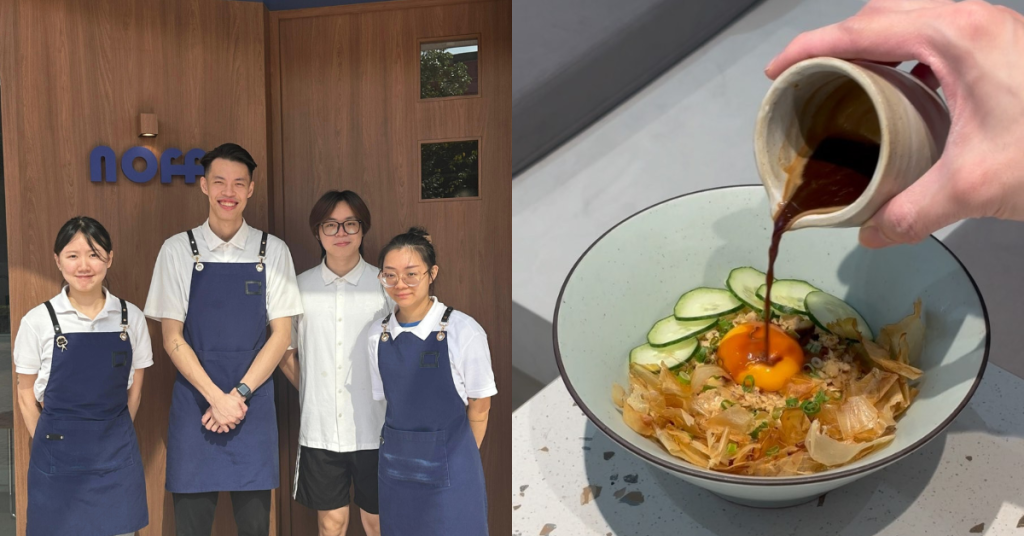Changi Airport handles 16.5 million passengers as COVID-19 hangover ends

If you’ve opened any social media app in the last three months, I can guarantee you that you have a wall or profile full of images of your friends and acquaintances enjoying an overseas holiday. This is primarily due to how strong the Singapore dollar is now, compared to the USD, Euro, Yen, and Yuan. […]
From lemons to deadlifts: What goes in the mind of Dione Song, Love, Bonito’s first ever CEO?

For many CEOs, weekends are just another work day. But for Dione Song, the CEO of Love, Bonito, her Saturdays are sacred—she typically abstains from work and sets “non-negotiable blocks” for self-care and family time. Yet, it’s not easy to maintain a healthy work-life balance while juggling the demands of being a CEO. This is […]
Goodbye Malakat Mall: Vendors & shoppers share thoughts on Cyberjaya’s closing “ghost mall”

Who would’ve thought a mall could be haunting? Not in a spooky, supernatural way, but in a heart-wrenching, what-could-have-been kind of way. That’s the story of Malakat Mall. A place that wanted to empower Muslim entrepreneurs, but instead became a “ghost mall”, as dubbed by Business Insider. The mall located in Cyberjaya has been making […]
AI-infused Cloud powers the Paris Olympic 2024 broadcast with 400 live video streams and 3D rendering

With all the global disruptions that have occurred since 2020 (most recently last week!), it’s actually comforting that the Summer Olympics has returned to its familiar quadrennial cycle, with the best athletes in the world now in Paris, France, to compete for Olympic Gold. Of course, this will lead to many sleepless nights over the […]
This M’sian serves up coffee & food pairings at his cafe, but not in the way you think

It feels like everyone wants to open up a coffee shop nowadays, but they don’t necessarily have the barista skills to back it up. That doesn’t have to be a bad thing, though, as what they lack in coffee making they may make up for in other aspects. But for NOff Coffee in Cheras […]
Another failed deal: Grab and Trans-cab will not proceed with their acquisition

Singapore’s Competition and Consumer Commission (CCCS) announced yesterday (July 25) that the planned acquisition of taxi operator Trans-cab by ride-hailing platform Grab will no longer proceed. According to a press release, both Grab and Trans-cab informed the CCCS on Monday (July 22, 2024) of their decision to cancel the proposed deal. CCCS had initiated a […]
Goodbye, Google: after months of speculation OpenAI launches SearchGPT, an AI search engine

Disclaimer: Unless otherwise stated opinions expressed below belong solely to the author. The moment dreaded by everybody at Alphabet has finally come: OpenAI has announced its own, AI-powered search engine to rival Google (and others, that most of us don’t know anyway). Unsurprisingly, the company is careful to underscore that it’s just a prototype, whose […]
She quit banking 4 yrs ago to start a dessert shop in PJ specialising in all kinds of tarts

While completing a Biomedical Science degree in the UK, the onset of the pandemic prompted Felicia Leow’s return to Malaysia for her virtual exams. With some spare time on hand, she started Tiny Afters as a passion project to generate additional income. Initially, the business focused on selling cakes. However, the COVID-19 lockdown posed a […]

